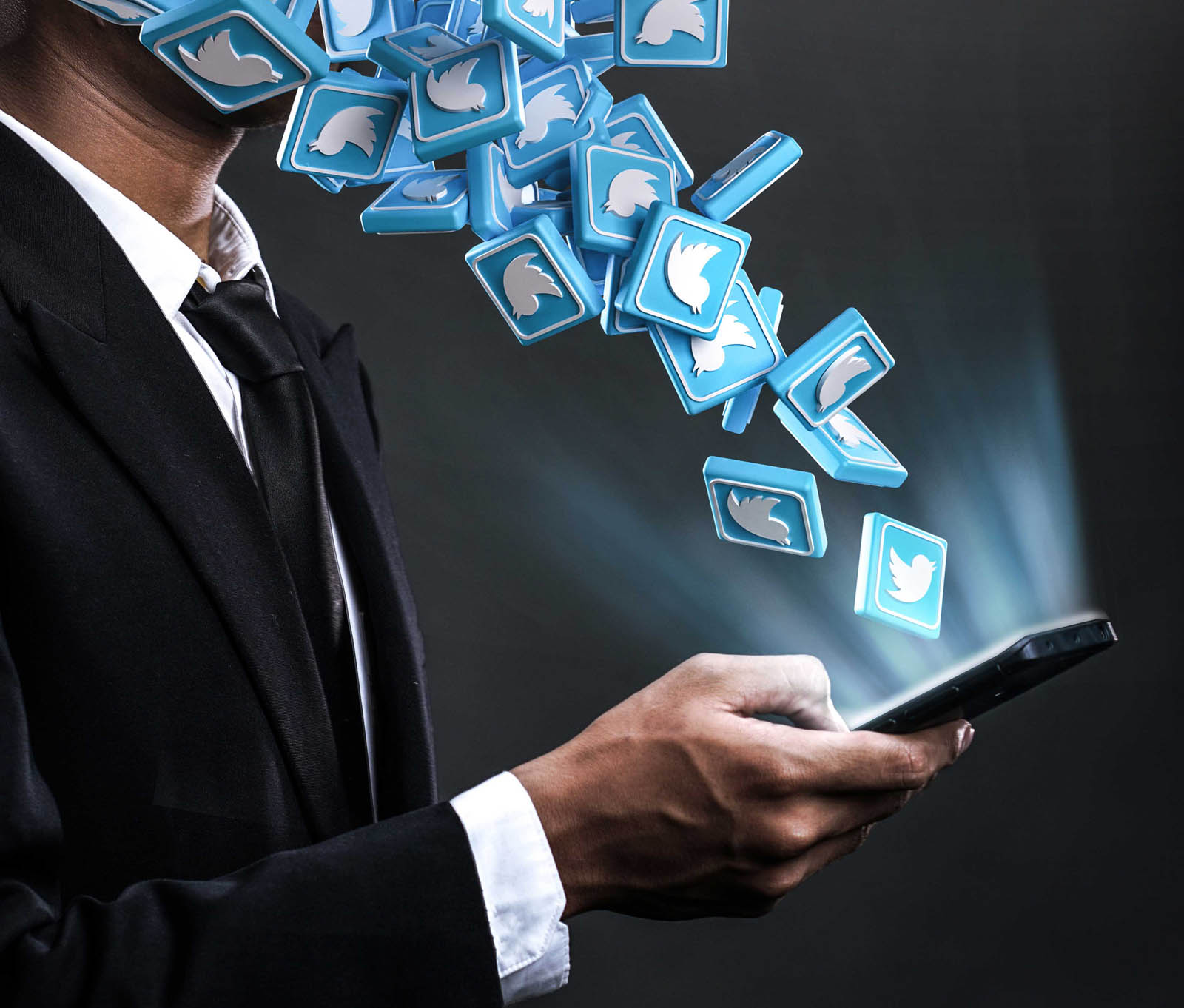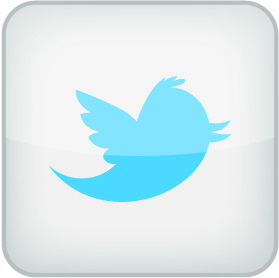
Black Twitter: More Than Black Activism
Filed Under: Multicultural
Ashleigh Williams
Senior Director, In-Person Qualitative Research
With so much time spent on their tech, it’s no wonder that Black/African American consumers help shape media content online and have a strong social presence via commentary on social media platforms. This dialogue has its own entity on Twitter. As we know it, Black Twitter today takes the form of the “Black voice” in response to relevant social topics.

Black Twitter’s influence has shaped diversity within the entertainment industry and inspired a call to action. #Oscarssowhite is a great example of how Black Twitter can elicit change over time. Since the viral hashtag in 2016, the number of films made with a diverse cast, as well as the films nominated starring People of Color, has increased exponentially.
However, the power of Black Twitter does extend past activism. It’s also specifically known for its spirit of celebration, humor, and natural ability to throw “shade” (or criticize) whenever warranted.
According to Nielsen, during 2018 in the U.S., “approximately 28% of Twitter’s 67 million users are Black (double this segment’s 14% share of the total population), and 40% of African Americans are on Twitter. Of the 19 million African Americans on Twitter, 9.3 million (or 20% of all African Americans) are on Black Twitter.” Hashtags #growingupblack and #askrachel are examples of ways Black Twitter can share their similar experiences of what it’s like to be Black in America. In addition, this platform can be used to celebrate accomplishments, such as #blackgirlmagic, that may not be seen in mainstream media ─ a way to lift each other up and motivate future generations.

A glimpse into Black Twitter can provide insight into the rich and vibrant rituals and norms of Black culture. Conversations, memes, and hashtags around Thanksgiving, top Black wedding songs, and famous Black icons/inspirational figures reveal what matters most to this community. Black Twitter works like a scrapbook or time capsule in a way. It captures social commentary, including the joys, celebrations, and light-hearted moments that make this community so special. Deep insight and time spent in this digital realm can also reveal values, emotional connections, and unmet needs that can be leveraged to build even richer, authentic connections with Black consumers.
Brands are buying in and seeking recognition with Black Twitter to help boost their brands’ popularity. In 2016, Hamburger Helper dropped a 5-track mixtape, “Watch the Stove” that went viral (Nielsen 2018). After the launch of the new Popeyes Chicken sandwich in August 2019, Popeyes created a culture war that took Black Twitter by storm by engaging with Black customers using similar language and cultural references relevant to the Black community in the brand’s communications. Other brands weighed in by tweeting clever comebacks around what made their sandwiches supreme. All of this created an active and engaged dialogue that enticed Black Twitter to weigh in on who has the superior chicken sandwich.
So What?
To stay relevant to Black culture and what matters to Black communities, brands must keep an ear on the ground… or better yet, their eyes and ears on social media, not only as spectators but also as activists, supporters, and partakers. Black Twitter should be used as a tool to address any mistakes a brand makes or to get a pulse on social issues that affect the Black community, but it should also be a tool to gain insight into the joys, celebrations, and vibrancy of the Black community.
explore featured
Case studies

